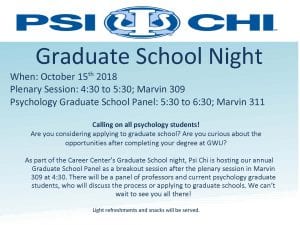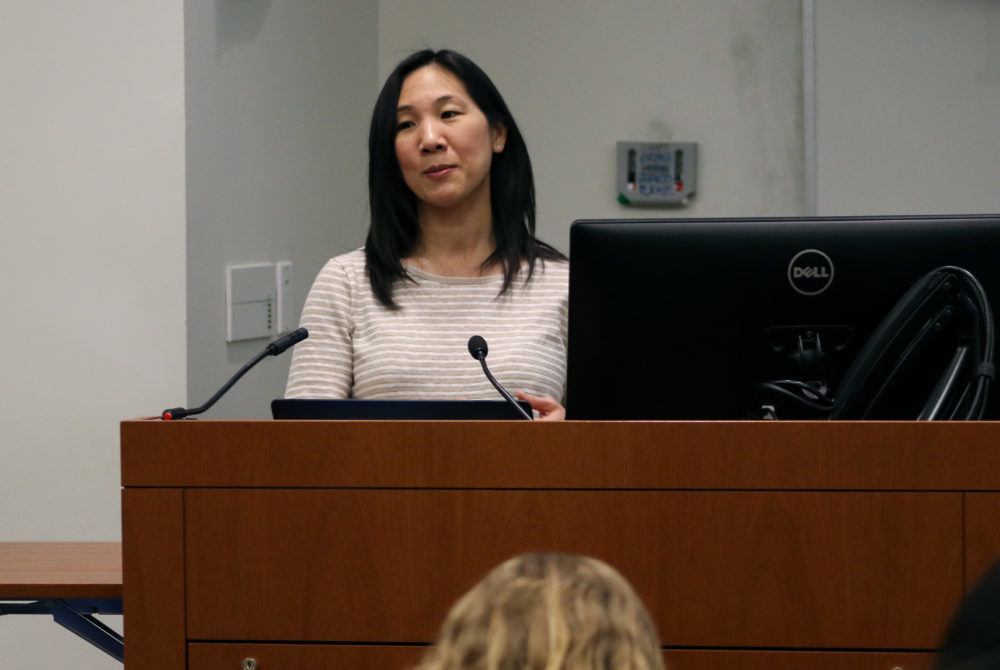Matchmaker, Matchmaker: An Alumna’s Labor of Love
As a professional matchmaker, psychology major Michelle Jacoby, BA ’87, uses her people skills to help D.C singles look for love in all the right places.

Michelle Jacoby, BA ’87, describes herself as a “compulsive connecter.” She’s the friend you call for a book recommendation, a restaurant tip or the number of the best dentist in town. And her top talent is connecting people. For as long as she can remember, she’s matched happy couples at her dinner parties and set up lunch dates that blossomed into long-term romances.
“It’s something I sort of instinctively know how to do—bring people together,” said Jacoby, a former psychology major. “It's a combination of listening skills, reading people and a lot of good luck with the universe.”
So when Jacoby was mulling a life change in 2009—while raising four children, she tried her hand at businesses from massage therapy to computer work—her parents suggested becoming a professional couple connector: a matchmaker.
“I thought, ‘I’m a good dater, I’m good with people. Why not give it a whirl? It might be fun,’” she laughed.
Today, Jacoby owns D.C. Matchmaking, a boutique service that brings together commitment-seeking singles in the Washington-metro area. Jacoby has been recognized as a leader in the professional dating field and, in 2017, was voted the number one matchmaker in the U.S. by her peers. She went on to co-found the industry’s nonprofit Matchmakers Alliance and has written advice columns for publications including Self and Washington Life Magazine. Her business also offers date-coaching for women seeking the secrets of relationship success, and she recently launched a friends-matching service for busy professionals who want to find a platonic pal.
“I’m very passionate about this work,” she said. “One thing that makes me a good matchmaker is that people feel comfortable with me. They open up and trust me. They know I they have their best interests at heart.”
In the Tinder age of swiping right, matchmakers may seem like a Fiddler on the Roof relic. But Jacoby largely caters to clients who have no interest in the bar scene and no time to navigate apps and online options. Working with about 20 clients at a time—80 to 90 percent are men—she matches potential partners based on preferences from physical attraction to shared values and goals. “It is a very personal, very interactive, very high level of service,” she said. The perfect match may come from her free database of 6,500 singles in the D.C. area or her voluminous address book or even someone she chats with in line at Starbucks.
Her time and talent can be pricey. A matchmaking contract runs about $15,000, while date coaching can be $10,000. Jacoby’s clients, who are mostly older but range in age from 20 to over 70, trust her to find compatible companions so her they can simply show up and enjoy their dates. It’s a task that puts Jacoby’s psychology degree to work. She often must determine what her clients are looking for even if they aren’t quite sure themselves. “People who have psychology degrees—people who are super curious about how the mind works and how people think—would enjoy what I do on daily basis,” she said.
Jacoby assures even the most dysfunctional daters that they can learn to love it. “Believe it or not, dating can actually be really enjoyable.” In addition to coaching clients on everything from clothes to conversation, she navigates them around her dating-don’t’s. First, she said, don’t over share. A first date isn’t the forum to get deeply personal about your ex, your boss or your family drama. “You don’t need to tell your whole life story over that first drink,” she said. “By the time the check comes, you’ll both be exhausted.”
Second, Jacoby advised, don’t look for chemistry—create it. Instead of expecting to be swept off your feet, relax and enjoy spending time with someone new. “Dating should be fun and playful,” she said. “You should be getting to know each other—not immediately looking for sparks to fly.”
And don’t be too quick to dismiss a date after the first encounter. One client, Jacoby recalled, was downcast after a date. “He told me he really liked this woman but he knew for a fact she didn’t like him.” When pressed him, he revealed that she had been looking over his shoulder at other men throughout dinner. But his date had a different take. She said she was just too nervous to make eye contact. Jacoby encouraged them to give it another shot—and this time look at each other. “They had a great second date,” she said, “and I danced at their wedding!”



